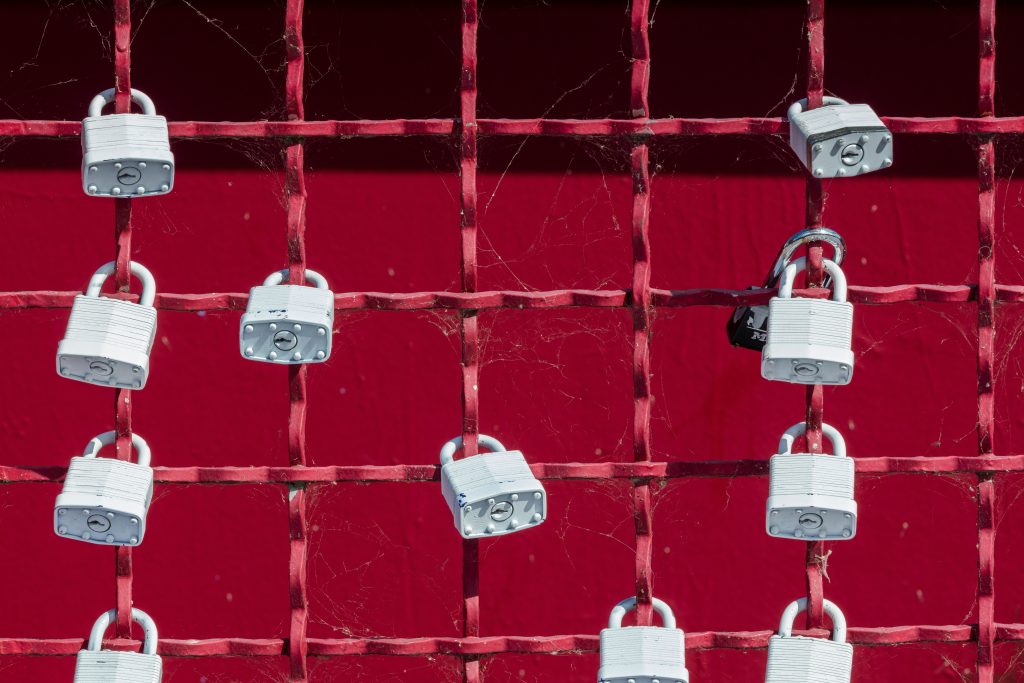In 2021, A public interest litigation was filed in front of the Bombay High Court seeking changes to the structure of the PoSH Act 2013. The petitioner was of the opinion that while the law safeguards the complainant and respondent, the Internal Committee members are left without any safeguards. While they are tasked with the statutory duty of adjudicating sexual harassment complaints and the Internal Committee can be terminated with just three months pay. The IC members have been conferred with quasi-judicial power. However, they have not been given adequate safeguards to act without fear and favour.
The internal committee is inclusive of employees from the organization. The cases which are against the leadership of the company can put the internal committee members in a difficult position, often fearing retaliation. The members should be free from fear of being fired if they adjudicate against the leadership. An absence of which creates a conflict of interest and deters the internal committee from taking decisions that are free, fair and impartial. The internal committee members are prone to be victimized and can be targeted if they go against the senior management. As internal committee members are still employees of the organization it is difficult to safeguard their rights.
In the petition, the petitioners – Janaki Chaudhary, was targeted by her employer owing to the action taken by her as presiding officer of the internal committee. The petition states that:
“These committees are bestowed with the power of civil courts, and are under obligation to conduct a free and fair inquiry into the alleged incident and give an impartial recommendation to the employer,” “However, the members of such committees, akin to judges, have not been provided with any safeguards, which will enable them to act without fear and favour,”
Furthermore, the petition stated the higher risks of retribution faced by the internal committee members. The PIL states, “This conflict of interest, where the IC members are on the payroll of the company and may have to take decisions against their seniors, creates a precarious situation for IC members as well as for women members at the workplace. It further defeats the objective of the act – which is to protect against sexual harassment of women at workplace and for the prevention and redressal of complaints of sexual harassment.”
Through the petition service protection for IC, members have been recommended. As the POSH Act intends the IC to function as an adjudicatory body and under section 19 of the Indian Penal Code, IC members can be considered as judges, especially because section 11 of the POSH Act gives them the powers to inquire, adjudicate into a complaint of sexual harassment.
“Thus, the POSH Act empowers IC members to pass definitive judgements, which can be appealed against, thereby treating them as judges,” states the PIL, asserting that “Therefore, to reflect the true spirit of the Vishaka guidelines (laid down by the supreme court) and India’s international obligations under the CEDAW (Convention on the Elimination of all Forms of Discrimination Against Women), ICC members must be provided robust safeguards similar to those of judicial officers.”
Following are more contents of the litigation:
- The members of the ICC should be treated as public functionaries while discharging their duties under POSH Act, 2013, as they are akin to judges. The legislative intent of this Act is to provide statutory duties to members of ICC. ICC is similar to an adjudicatory body.
- The members of ICC be treated as a public functionary and discharging their duties under the POSH Act, 2013. It can be said that the private employees are discharging the duties at par with the public servants.
- POSH Act creates discrimination between the ICC members of the public sector and the private sector. The public sector department has the protection of natural justice where the private sector does not have any protection.
- The Act also creates the difference between the Local Complaints committee and the ICC. The foremen get the independence of decision making without fear and favour.
- Right to safe working is a fundamental right that is provided by the constitution under Article 21. The ICC members should also receive such protection. The lack of safeguards violates their right to a safe workplace.


